
From threatening with the colt to threatening with SMS!
The editorial of Mostaghel newspaper was narrated by former Iranian MP – Ahmad Poornejati – who had been threatened to death during his term in the parliament for giving a speech in support of the bill for joining the convention of elimination of discrimination against women.
The editorialist starts by saying that he wants to relate his story for those MPs who have received death threats via SMS before and after voting for the bill of Iran joining CFT. During the 6th parliament, he was the head of the Parliament’s Cultural Commission and had given a speech in support of the bill for Iran joining the convention of elimination of discrimination against women. Even though the majority of the parliament had voted for the bill, it was rejected by the Guardian Council.
The editorialist continues that a couple of days after that, someone with the untidy beard had approached him while standing in the line for buying bread, asking him, ‘Are you Poornejati?’ Then that guy had asked him to step aside, threatening him, ‘Do you want me to put a bullet in your dark heart? What the hell can you do if I do so? You are a traitor’. Meanwhile, that guy had kept showing his colt to Poornejati.
The editorialist adds that he had taken that guy by the collar and started shouting loudly, ‘Terrorist!’ When people who were standing in line had turned towards them, that guy escaped.
The editorialist then advises those who were threatened via SMS that ‘right now these animals have become civilized and instead of threatening people with a colt at the location, just sent SMS!’
An editorial in Mostaghel on October 10, 2018
Economic crisis goes beyond the rate of currency
The editorial of Jahan Sanaat explains why the economic crisis in Iran is not just about fluctuations in the rate of foreign currency in Iran.
The editorial asserts that some people have interpreted the decrease in the price of the dollar in recent days as a sign of economic calm in the society. But even the most optimistic people will probably agree that during the past year, the economic condition has so impacted the people that its improvement in the short run is very difficult.
The editorial continues: even if the price of the dollar goes down to under 10,000 tomans, it will be three times more than last years and it means tripling of prices. Obviously, no one will count on statistics announced by the government and institutions any longer. When there hasn’t been any significant increase in salaries and wages, how can the difference between households’ incomes and expenses be compensated? Practically, there is no way.
The editorial adds that even though the government has considered programs like a basket of goods, it has actually become very much unable to help. If we take into account the prospect of sanctions and disruption in selling oil, then the financial conditions of the government look more critical. Also, it doesn’t seem that the government has any resolve for helping the more vulnerable groups in the society and is just watching money inflation in different sectors of the economy like housing, automobile, etc.
The editorial concludes that these things make the conditions of the economy in Iran worse than just a relative reduction in the price of foreign currencies, portraying an unpleasant future for the country.
An editorial in Jahan Sanaat on October 9, 2018
Surmounting obstacle of hardline principlists
The editorial of Jahan Sanaat newspaper focuses on the significance of ratifying the Convention of Combatting the Financing of Terrorism (CFT) for Iran’s national interests while asking Iranian hardliners who were against ratifying it to join those who are after defending the national interests.
The editorial asserts that amidst the disagreements and threatening SMS of hardline principlists, Iranian parliament ratified the bill for joining CFT. This bill was ratified under conditions that earlier the opponents of the government and the principlists had called it treason against the national interests. So in their view, ratification of this bill would not only prepare the grounds for the pressure of the western countries on Iran’s military forces but would also make it impossible to support liberation movements like Hamas and Hezbollah. What is more, Iranian militaries like General Soleimani would be considered as examples of terrorists in the international domain.
The editorial continues: they expressed their concerns that there was no guarantee that with Iran joining the convention, the country wouldn’t be blacklisted by FATF. These were the arguments that the hardline principlists offered against ratifying CFT and will keep doing so in the future. This shows that their arguments and behaviors have nothing to do with national interests.
The editorial adds, “In reality, ratifying bills like CFT, given the conditions of Iran, is a step in providing the vital interests of the country. In this regard, joining FATF and ratifying bills like CFT are required by Europe which can actually prepare the ground for economic trades and commercial relations between Iran and Europe under the current conditions when the US has withdrawn from the JCPOA. Currently, Europe considers Iran joining this bill as an important sign to verify Iran’s exoneration from accusations such as supporting terrorism.”
The editorial concludes that given these conditions, the hardline principlists should better give up their negative view of FATF’s bills and prepare the ground for preserving the security and welfare of the country.
An editorial in Jahan Sanaat on October 8, 2018
Entrusting schools to the private sector following the crisis of budget deficit
The editorial of Bahar daily focuses on the adverse consequences of the government decision as to entrusting the schools to the private sector.
The editorial asserts that budget deficit has been one of the old problems in the education sector. Increasing the number of students in classes and reducing the ratio of teachers to students was a solution to alleviate the pressure of this increasing deficit.
The editorial continues: but now the shortage of manpower is also added to the problems, and a shortage of teachers has reached a critical level, so much so that the government has had to entrust schools to the private sector to shirk its own responsibility. Entrusting schools to the private sector can be seen almost everywhere. It seems that it is not important for the policymakers whether the families can afford to get along with these policies.
The editorial goes on to say that it seems it doesn’t matter to the government whether children and teenagers can pay for a seat at school, given the high prices and the astronomical increase in prices of essential goods. But it is the government’s duty to properly use the country’s financial resources to provide free education for all children and teenagers.
The editorial added that given the economic conditions of the country, the living conditions of workers are terrible. The person in charge of the family has one concern and that is, providing for the family. Now that the expenses of school are added to staggering costs of life, parents will definitely lose temper, taking it out on the school children sitting next to them.
The editorialist goes on to say: under the pressure of unemployment and poverty, if the government sells seats to children, then those children whose parents are unemployed or haven’t received their salaries have no choice but quit studying.
The editorialist concludes on the other hand, when a government school is rented to an individual, then the main issue will be that of profit and loss for both sides. The government will then be not only after cutting expenses but also increasing profits. Meanwhile, two things will certainly happen: pocketing people’s money and using cheap workforces. In such cases, the only source for paying the expenses will be the children’s parents, and the only way to cut the schools’ expenses will be using cheap workforces!
An editorial in Bahar daily on October 7, 2018
Iran’s influence in Iraq is still firm
The editorial of Arman daily focuses on the implications of the election of Barham Saleh on Iran’s influence in Iraq, suggesting that Iran continues to be influential there, despite challenges ahead.
According to the editorial, after US attack against Iraq and toppling of Saddam’s government and in past 15 years, there has never been such a close competition between Tehran and Washington in Iran. Meanwhile, unprecedented differences in Shi’as’ front made the situation very difficult for Tehran. All in all, differences and gaps among Iraqi political and religious groups – Shi’as and Kurds, above all – were more significant in this period.
The editorial continues that Iraqi Sunnis that were more disperse in past periods were more unified around the national coalition. However, there has been no sign of coalition among Kurds or among Shi’as so far, which is why the election of the prime minister and formation of the government has been delayed and this term’s president was elected without Kurds’ agreement.
The editorial adds that apparently the election of the prime minister will be like that of the president. After being sworn in, Barham Saleh appointed someone who is mostly acceptable to political currents to form the government. Most probably, Saleh has either gained or will gain Iran’s agreement in this regard. Even though the majority of Iraqi parliament’s current voted for Saleh, his significant votes will be considered for Iran, rather than the US. Barham Saleh, from the beginning, was considered as Iran’s obvious choice for Iraq’s presidency.
The editorial goes on to say the election of two figures who are rather close to Iran for Iraqi parliament’s speaker and presidency shows that so far, the competition between Iran and America – or the duel between Burt McGurk, Trump’s special envoy, and Qassem Soleimani – has been to the advantage of Tehran.
The editorial concludes that despite the fact that some analyses after Iraqi elections talked of the decline of Iran’s influence in Iraq, developments show that Iran manages and advances its influence in Iraq. Nevertheless, there are more challenges ahead of Iran than previous years, which makes it somehow difficult for Iran.
An editorial in Arman Daily on October 7, 2018

No eagerness to meet with Trump
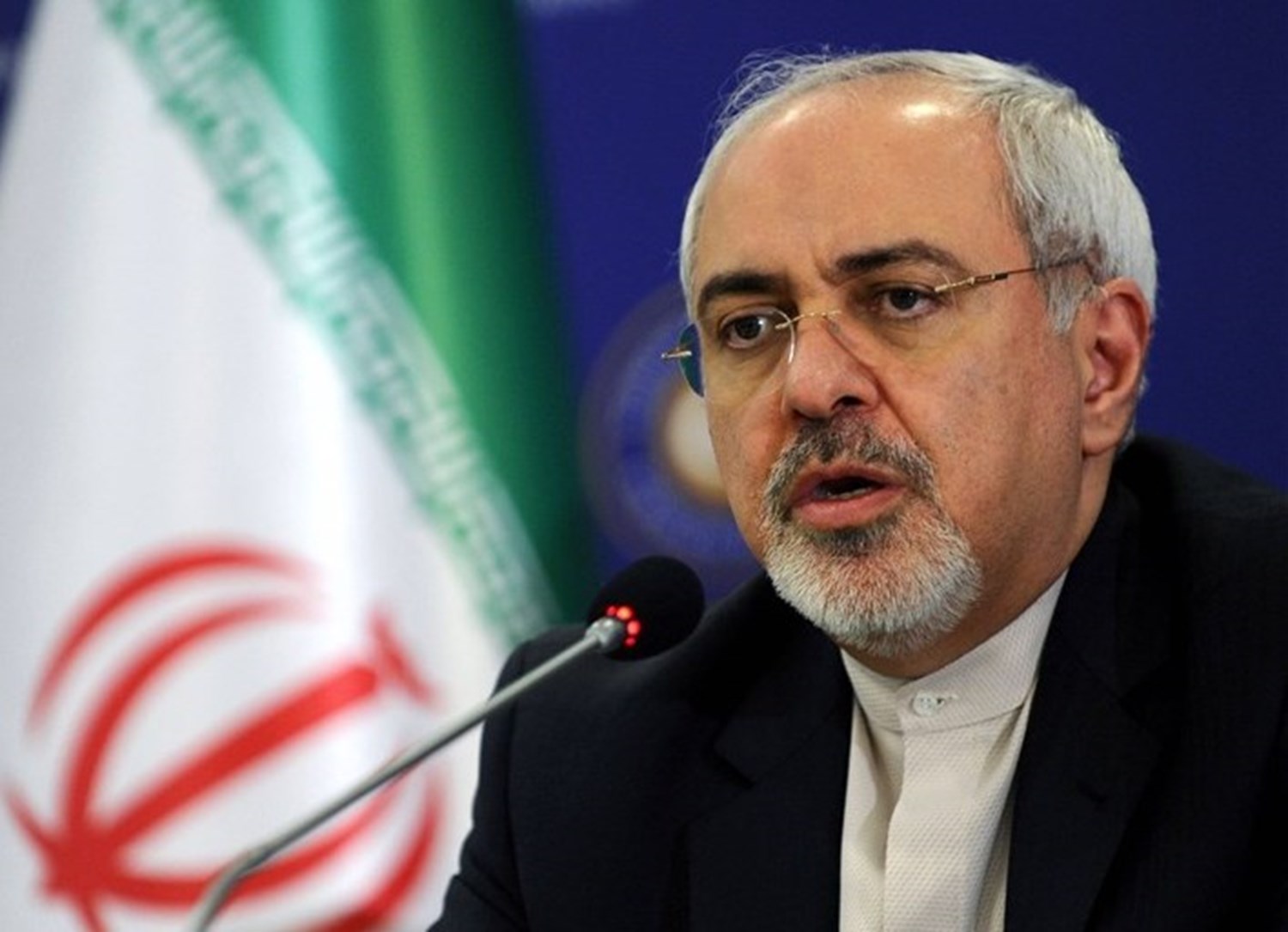
In his interview with Al Jazeera network, Iranian FM Mohammad Javad Zarif urged that Americans have demonstrated that they cannot be trusted. In response to the question whether Hassan Rouhani intends to meet with US President Donald Trump, Zarif said, ‘we are not really eager to meet with America, because the United States is not a reliable partner for negotiation’.
FM Zarif said, ‘they always said they wanted to have a treaty with Iran, but they recently withdrew from a treaty we have with the US [Treaty of Amity] because the court of The Hague voted against them’. He urged that this means this president and his administration will not abide by any negotiations done with them.
In another context, Zarif said that mutual respect is prerequisite of dialogue, and ‘in Mike Pompeo, I saw everything but mutual respect’. In his interview with International BBC network in New York, Zarif added that ‘respect means to have respect for yourself and your promises’.
Asr Iran –Vatan Emrooz
Lawmaker: regional countries should define a new structure for security cooperation
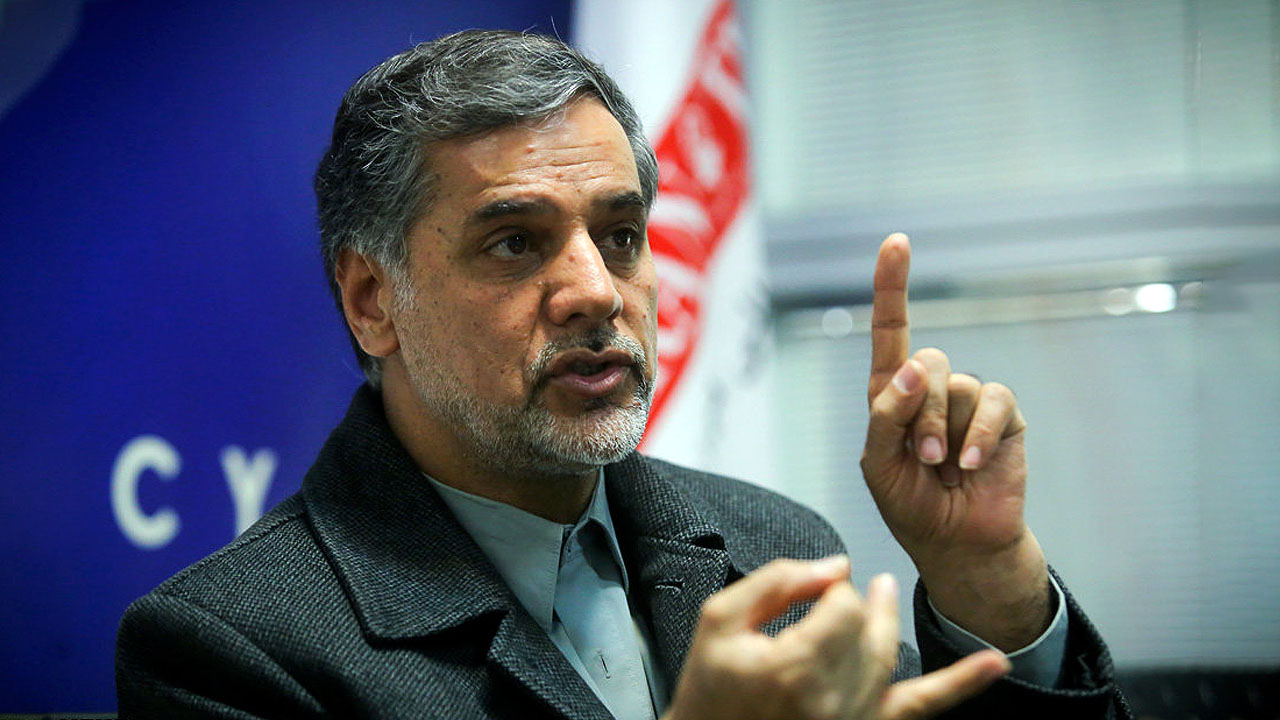
Hossein Naqavi Hosseini, the member of the Parliament’s National Security and Foreign Policy Commission, said Iranian Foreign Minister proposed a plan 6 months ago for creating a regional cooperation mechanism to deal with security issues so that ‘massacre of innocent people can be prevented’. Urging that defining a new mechanism for the security cooperation among regional countries is necessary, he said that given the regional security issues that exist, such cooperations must take place.
Parliament news agency
Iranian ambassador to Baghdad meets with Iraqi president
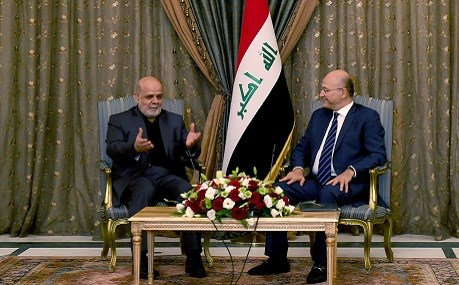
Iraj Masjedi, Iranian Ambassador to Baghdad, met with Iraq’s new president, Barham Saleh. In this meeting, Barham Saleh praised the ‘bilateral relation [between the two countries] and its role in supporting security and peace in the region, particularly Iran’s role in fighting terrorism’. Iraqi president said that current tension in the region is ‘unacceptable’.
Iraj Masjedi emphasized on backing a strong, independent Iraq, expressing hope that Iraq can return to its pivotal role in the upcoming presidential term.
Fars news agency
Sweden’s special envoy in affairs of Yemen and Libya meets with Jaberi Ansari in Tehran
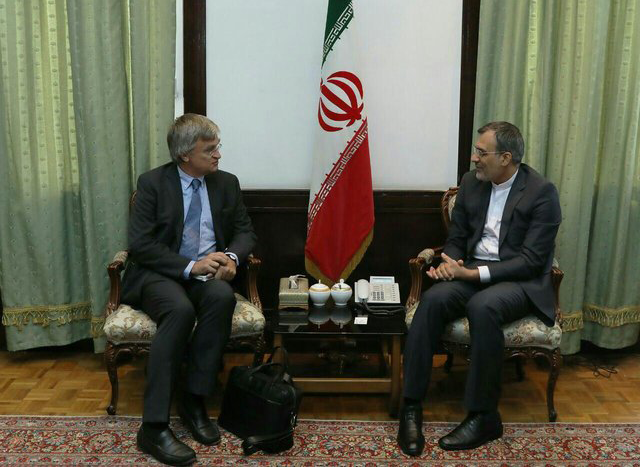
Peter Semneby, Sweden’s special envoy for affairs in Yemen and Libya, met with Hossein Jaberi Ansari, special aide to foreign minister in political affairs. In this meeting in which Sweden’s ambassador was present as well, the latest developments in Yemen and joint cooperation between Iran and Sweden to solve the crisis in Yemen and ending the ‘human catastrophe’ in that country as soon as possible were discussed.
ISNA
Ahmad Montazeri: 6 IRGC members carried explosive to Saudi Arabia upon Rafsanjani’s order
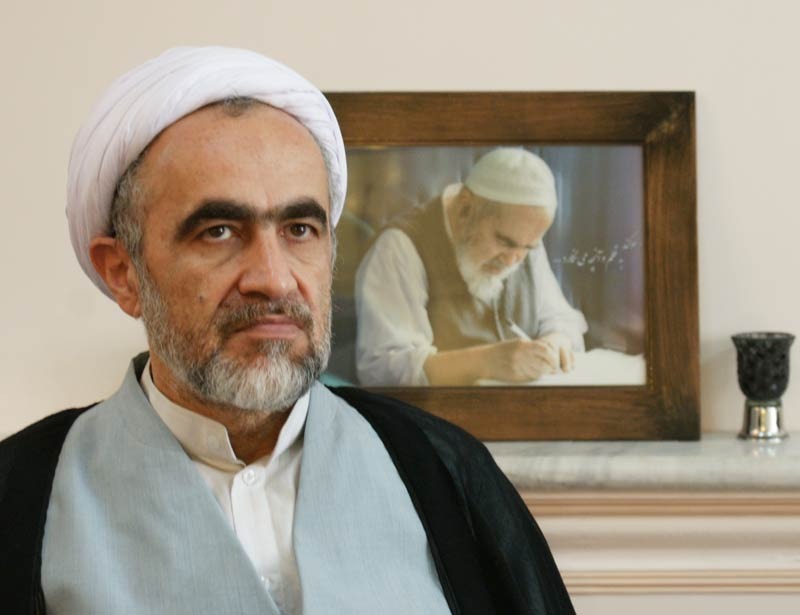
Ahmad Montazeri, son of late Ayatollah Montazeri, said in a recent interview that 6 members of IRGC who were working with Hashemi Rafsanjani carried explosives to Saudi Arabia, adding that Ali Shamkhani has additional information in this regard. But Shamkhani says at that time, he was involved with Iran-Iraq war and has no information about it.
According to Ahmad Montazeri, it wasn’t Mehdi Hashemi who carried explosives to Saudi Arabia in 1980s, but 6 members of IRGC. He added that his father had told him these IRGC members were working with late Hashemi Rafsanjani.
IRNA
US threats require immediate response of the international community
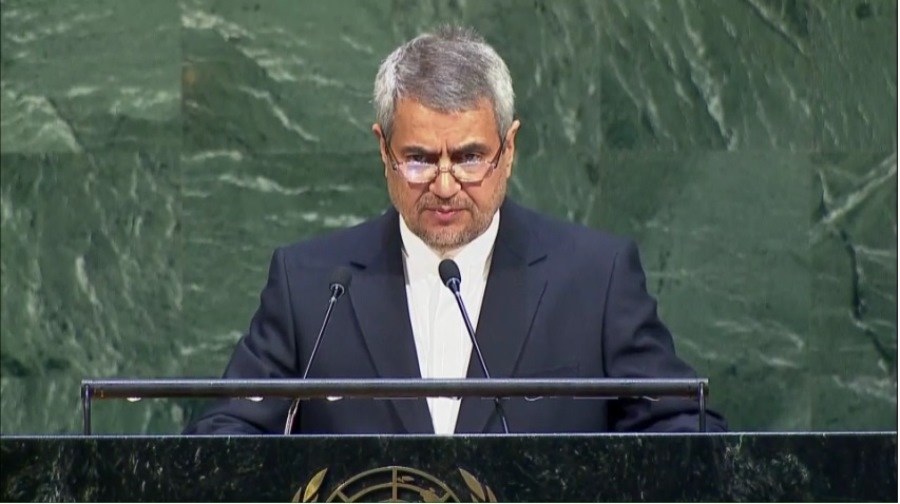
Gholamali Khoshroo, Iranian Permanent Representative to the United Nations, considered the US putting sanctions on other countries and pulling out of international treaties a serious threat against the charter of this organization and violation of the legal order, calling for immediate, decisive response of the international community in this regard. Khoshroo called ‘US pulling out of the JCPOA a serious threat against principles of charters and legal order’, adding that for the first time in the history of the United Nations, the US as a permanent member of UN Security Council with veto right is punishing other nations all over the world for following the Security Council’s resolution.
IRNA
Takht Ravanchi: Europe’s opportunity in JCPOA will not be forever
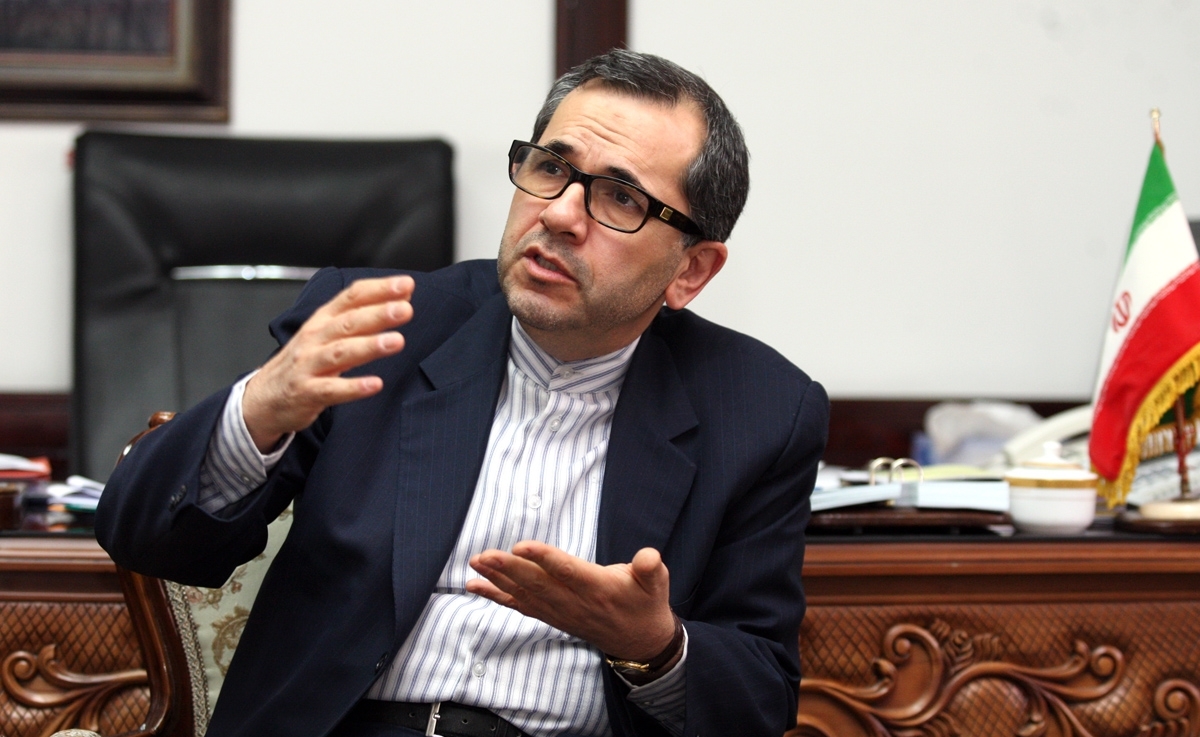
Political deputy of Iranian presidential office, in a meeting of ‘Cooperation of Europe, Iran, and Future of JCPOA’ in Brussel, pointed out to the US illegal pulling out of the JCPOA, warning that Europe’s opportunity for playing its role towards this international accord will not be forever. Emphasizing on Iran’s efforts to establishing peace in the Middle East and protecting the rule of law in relationships between the countries, Takht Ravanchi urged on the necessity of practical commitments of European countries to their obligation within the framework of the JCPOA.
Young Journalists Club
Lawmaker: Iran to complain against the US for other sanctions
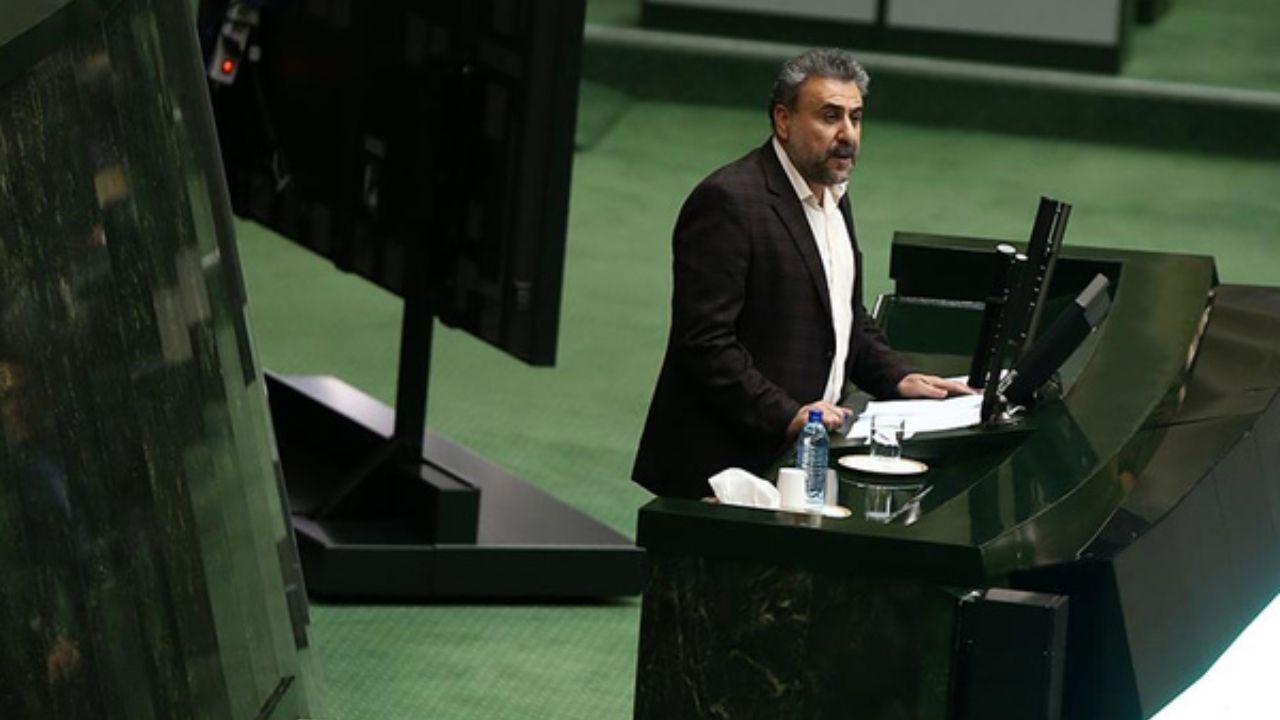
Heshmat Falahatpisheh, head of Parliament’s National Security Commission, said Iran can advance its complaints in other sanction fields that are not mentioned in the verdict of The Hague court. Pointing out to Iran’s victory in the lawsuit against the US in The Hague court, Falahatpisheh said that the instructions of The Hague Court, as one of the major pillars of the United Nations, are binding. He urged that according to the temporary verdict by The Hague court, Americans must avoid sanctioning the essential goods that will endanger Iranian people’s health and lives.
Young Journalists Club
Europeans ambassadors call for reopening of EU office in Tehran
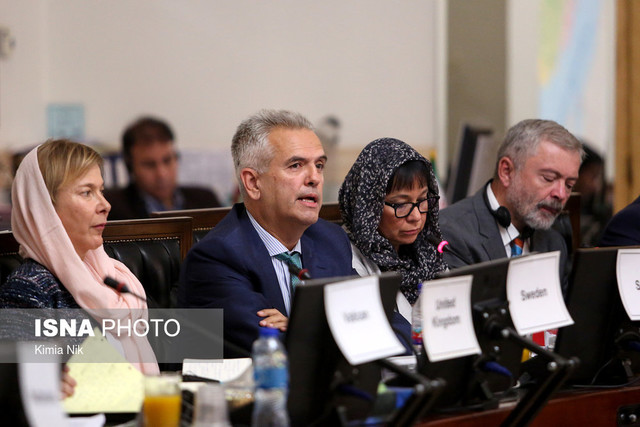
Head of the Parliament’s National Security and Foreign Policy Commission said the ambassadors of European countries in Tehran have asked this commission to expedite the reopening of the EU office in Tehran. Morteza Safari Natanzi added that two years ago, the issue of reopening the EU office in Tehran was raised. At that time, this request was rejected, said Safari Natanzi. In the recent meeting of EU countries in Tehran, urged Safari Natanzi, they stressed on reopening of this office, as after the US pullout of the nuclear deal, Europeans have taken action to preserve the deal.
ISNA
Alijani: we must follow a policy of not negotiating with the US
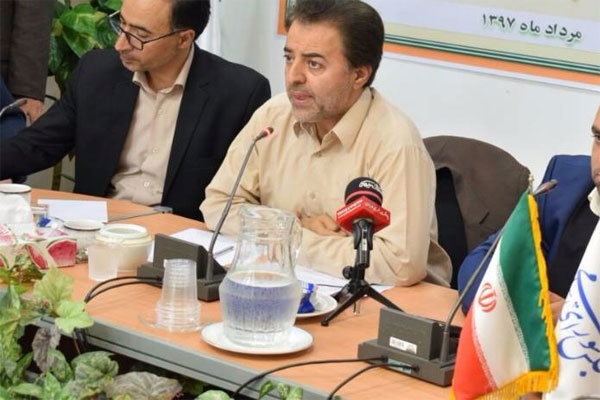
Secretary of Tehran Lawmakers’ Assembly, Mohsen Alijani, said that the ‘policy of the establishment is not negotiating with the US, and we must follow this policy’. Urging that the country is in an ‘economic war’, he said that MPs – with monitoring the government- are trying to help the country surmount the existing difficulties.
Mehr news
Chief of Police: operation against terrorists in Syria was Iran’s devastating response
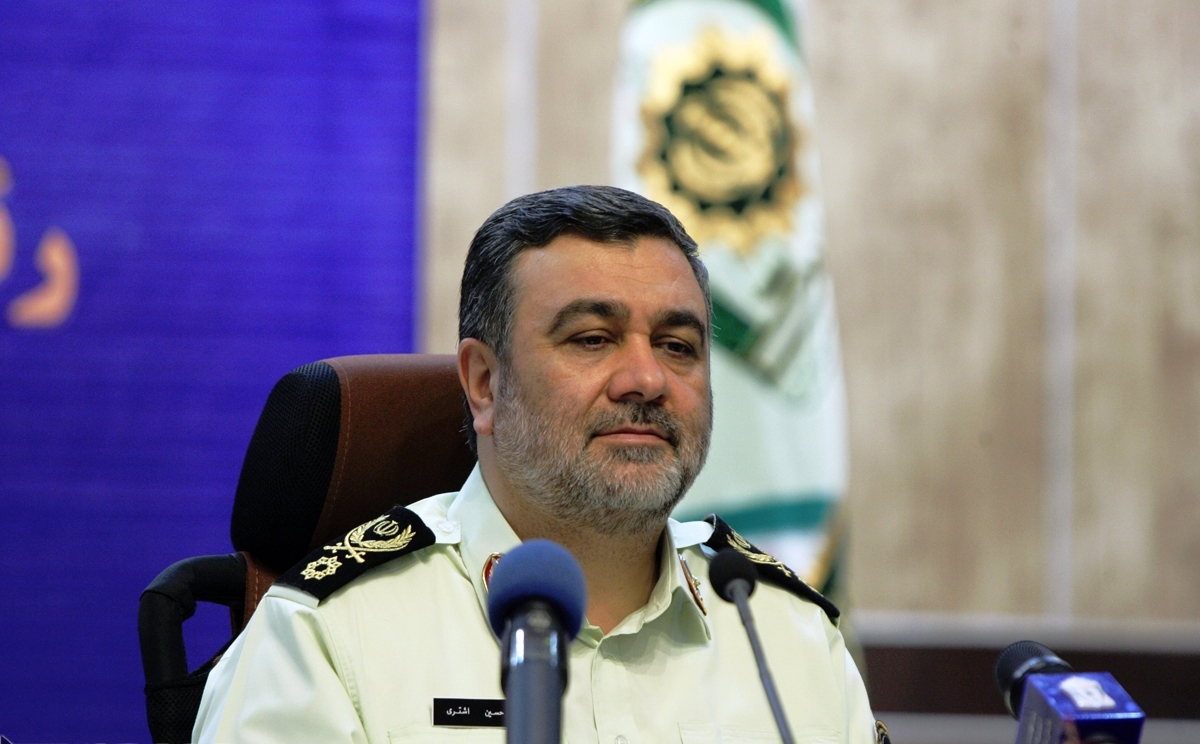
Brigadier General Hossein Ashtari, Chief of Police, in his meeting with ambassadors, agents and representatives of international organizations, pointed out to the recent attack in Ahvaz in which many people including children were killed. He added that the people’s security is the redline for officials and defenders of the country, and recent operation against ‘terrorists in Syria was a devastating response to them and their masters’. Ashtari urged that ‘this painful measure is an example of conspiracies of governments that are puppets of the US in the region’.
Fars news agency
Military official: security is our redline
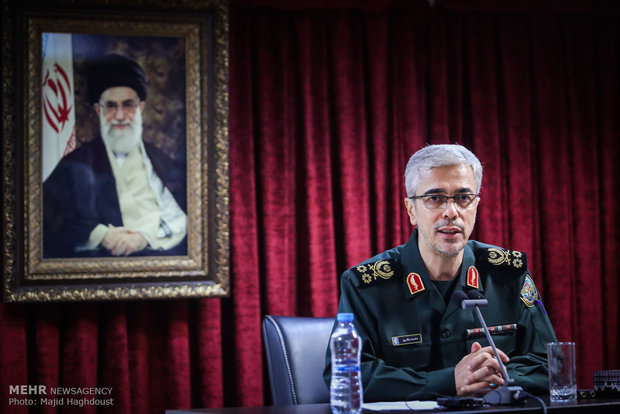
Chief of Staff of Armed Forces, Major General Bagheri, said the Islamic Republic will not keep quiet against invasion and injustice. Bagheri pointed out to Iran’s recent missile attack against militants in Syria in retaliation to attack in Ahvaz, saying that the Islamic Republic considers the country’s security as its redline, and as such a ‘severe vengeance was taken on the terrorists’.
Mehr news
Military official: Iran is among the strongest countries in the defense field
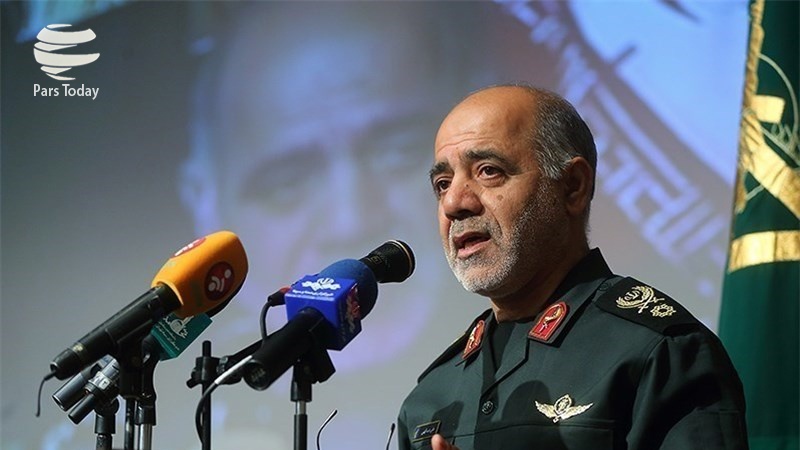
Major General Ali Abdullahi, coordinating deputy of General Staff of Armed Forces, said the Islamic Republic is one of the strongest countries of the world in the field of defense, and during past 40 years, it has become prosperous on the international level. Abdullahi added that the Islamic Republic has become very capable in producing defense equipment and is one of the superior missile powers in the world.
Pars Today
Sejil ballistic missile ranks first among missiles with 2,000-kilometer range
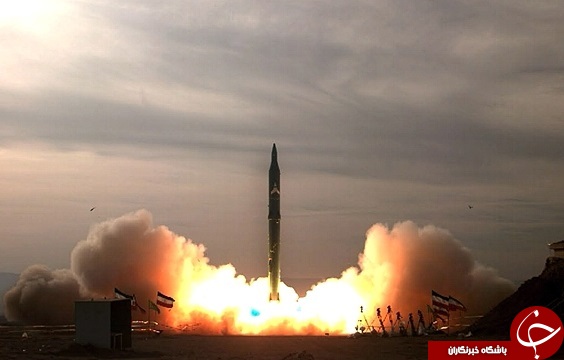
Sejil is the first long-range ballistic missile with solid fuel, which was built and tested in 2008, creating a great development in Iran’s missile industry. The weight of this missile’s warhead is about 1,000 kilograms, and its range is 2,500 kilometers. Sejil is surface-to-surface and weighs 22 tons. The movable launcher of Sejils is a capability that has created a great development in Iran’s missile industry.
Young Journalists Club
IRGC Chief praises mutual trust between IRGC and Government
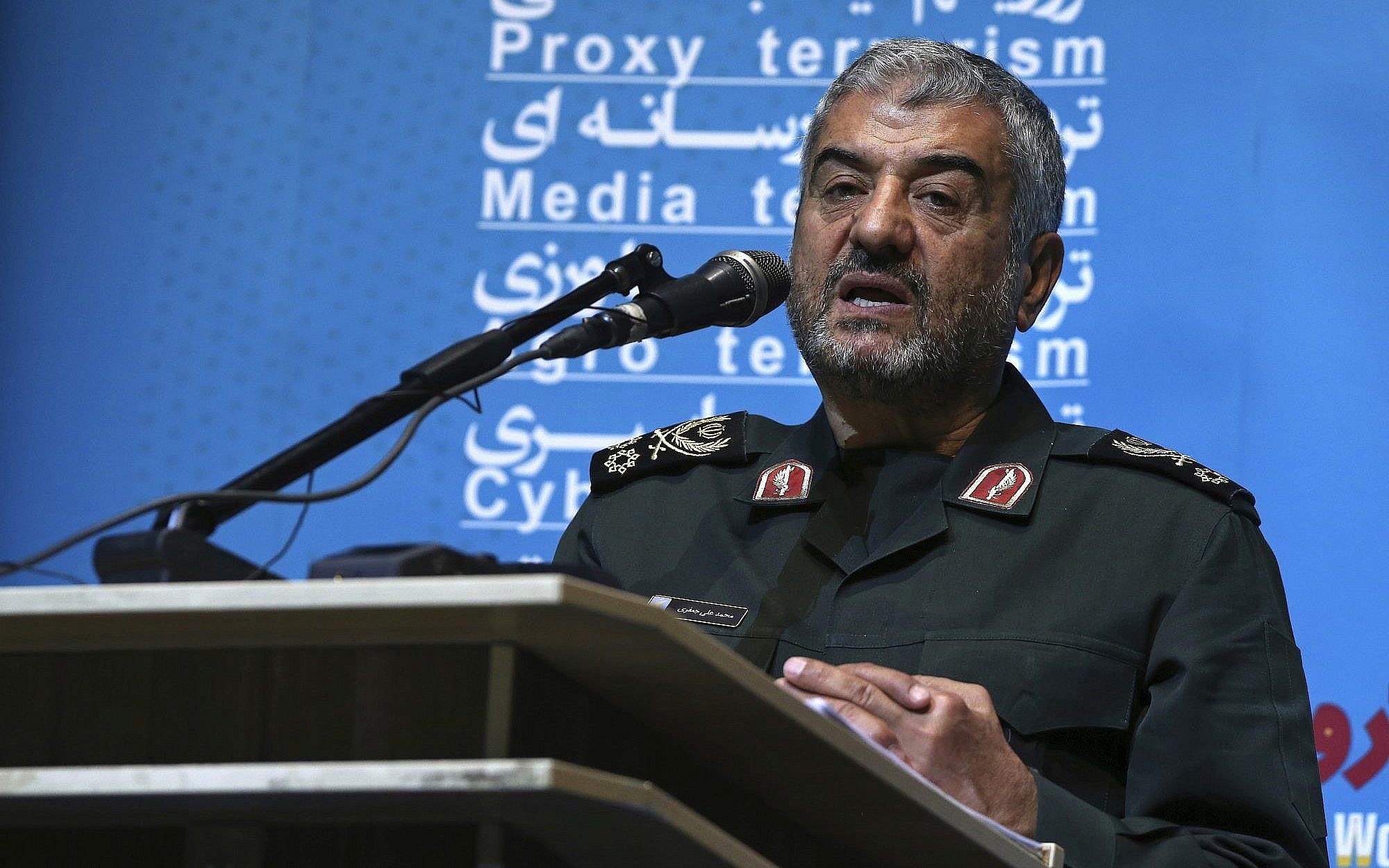
Mohammad Ali Jafari, Chief of IRGC, said ‘mutual trust between the government and IRGC in construction affairs has had many achievements for the establishment of Islamic Republic’. IRGC Khatam Al-Anbiya Headquarters is an Iranian mega-contractor that is in charge of many governmental projects. According to Gholam-Reza Tajgardoon, head of Parliament’s Budget and Planning Commission has said that Khatam Al-Anbiya Headquarters and Rouhani’s government have reached agreement about the level of IRGC participation in Iran’s economy. Last year, Hassan Rouhani called IRGC ‘government in arms’.
Radio Zamaneh
Zarif meets with the secretary general of the Shanghai Cooperation Organization
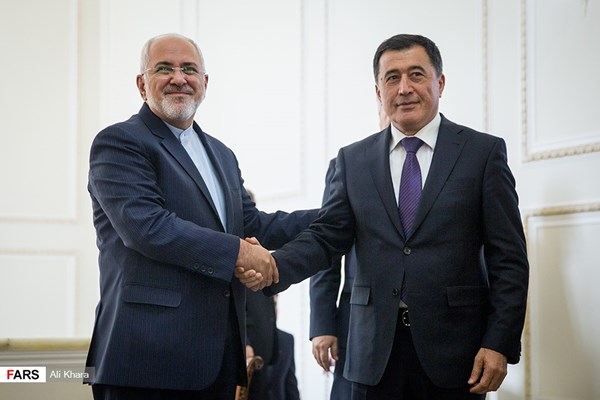
Vladimir Norov, head of Uzbekistan Strategic Institute who is newly appointed as secretary general of Shanghai Cooperation Organization, met with Iranian Foreign Minister Mohammad Javad Zarif. In this meeting, both sides discussed bilateral and regional issues, while urging on boosting Iran-Uzbekistan relations in the fields of politics, studies, economy, culture, transit, and tourism.
Fars news
Ahmadinejad demands permit for holding a gathering in protest to the economic condition
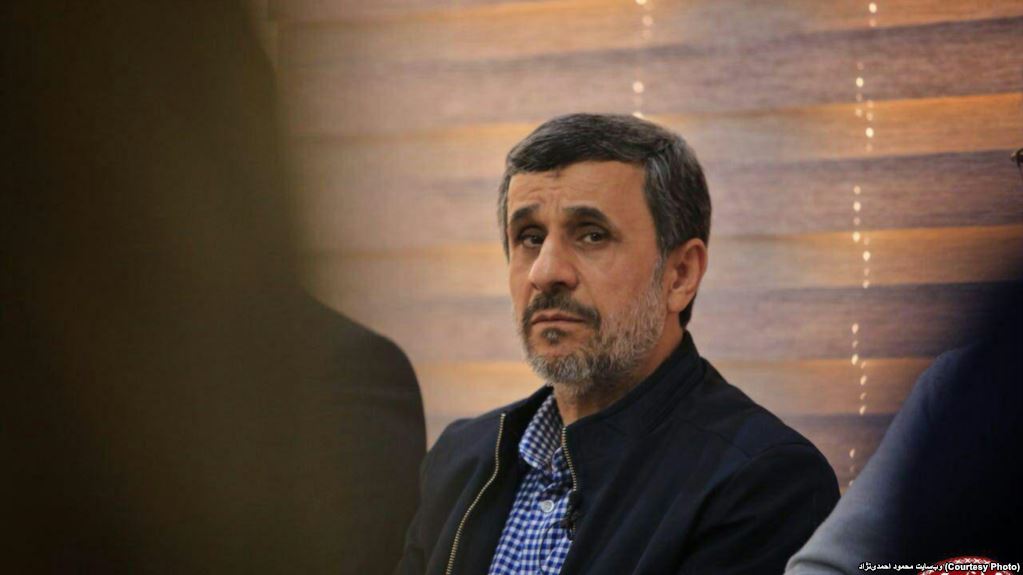
Former president Mahmoud Ahmadinejad, in a letter to Iranian interior minister, called for issuing a permit to hold a gathering in protest against issues such as economic condition and ‘Britain’s interference in Iran’s domestic affairs’. In a letter published in Telegram channels close to him, Ahmadinejad has announced that the gathering will be in protest against issues such as: ‘bad economic conditions’, ‘mismanagement, obvious managerial weaknesses, and frequent mistakes in large-scale decisions especially in the field of economy’ and ‘protest against US measures and threats and unjust sanctions’.
Ahmadinejad and people close to him had previously asked the interior ministry for a permit to hold gatherings several times, but their requests were rejected by this ministry.
Radio Farda
China to reduce importing oil from Iran
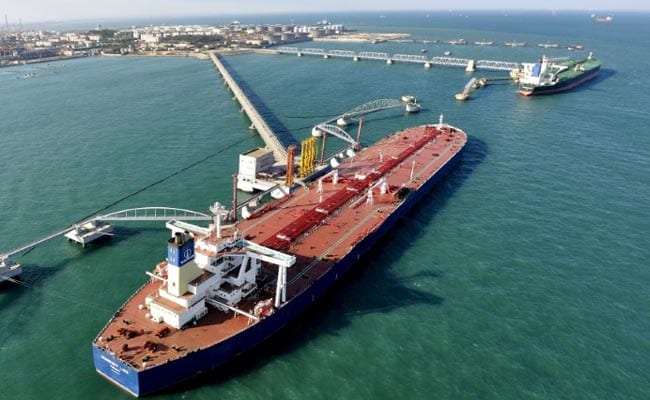
Chinese Unipec announced that due to US sanctions against Iran which starts in November, it will reduce importing oil from Iran. The CEO of this company said the amount of reduction hasn’t been determined yet. This Chinese official added that despite trade tension between China and America, the US oil supply will be a new resource for Chinese oil refineries, allowing them to cut their dependence on importing oil from the Middle East and Africa.
Abrar Eghtesadi
Strike in Tehran and other cities
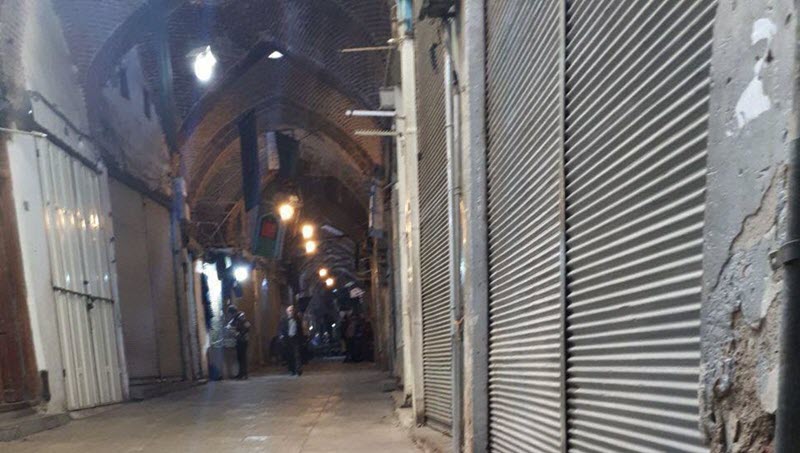
Following the unilateral pullout of the US from the nuclear deal, the economic crisis in Iran has intensified. US pullout and the return of the sanctions have increased the economic pressures on Iranian citizens, making them poorer. It has had a direct impact on the daily lives and activities of the citizens. As a result of this, the rate of the dollar had 350 times increase. In protest against economic problems and incompetence of officials, different groups of people have launched protests against the policies of the Islamic Republic.
Based on a call to strike, many parts of Tehran’s bazar and markets in different cities launched a strike from Monday morning, October 8. In Tehran, the markets for selling carpets, gold coin, shopping centers were closed
The marketers in tens of cities including Mashhad, Tabriz, Kermanshah, Sanandaj, Zahedan, Uromieh, Karaj, Gorgan, Zanjan, Arak, Baneh, Marivan, Saghez, Paveh, Borazjan, Kazeroon, Kenarak, Chabahar, Hirmand, Miyandoab, Sardasht, Piranshahr, Iranshahr, and Saravan have joined the strike.
ANF Persian and Hambastegi Meli
Hossein Shariatmadari to Zarif: are you our minister or Americans’?
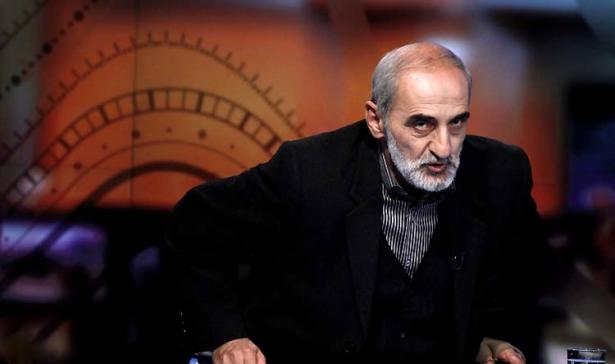
Chief editor of hardline Kayhan, Hossein Shariatmadari, wrote in his newspaper: “for me, asking this question from Mr. Zarif is very difficult and unpleasant; but since it is about the expediency of the establishment, I have no other choice but to ask: Mr. Zarif, are you the foreign minister of our country or in charge of resolving the US issues?”
Shariatmadari added that they say the nuclear deal has created differences between the US and Europe, but no such things has happened. According to Shariatmadari, Europe has openly said it is not ready to ignore US sanctions against Iran, while other countries too have announced their commitments to sanctions.
Bartarinha
Leader’s representative in IRGC Quds Force: Guardian Council should reject CFT bill
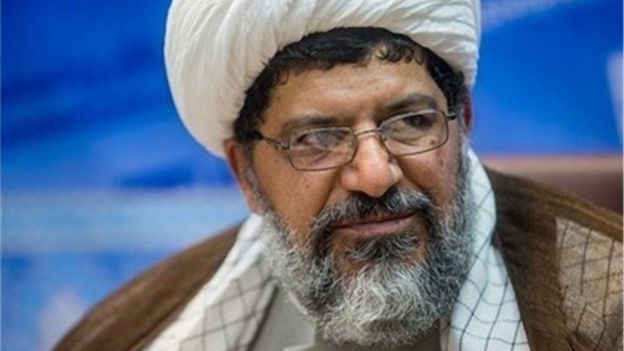
Ali Shirazi, Leader’s representative in IRGC Quds Force, said the bill for Iran joining the Convention for Combatting the Financing of Terrorism means an end to ‘supporting Lebanon, Syria, and Iraq’. Pointing out to the bills presented to Iranian parliament aiming at not allowing Iran to be blacklisted by FATF, Shirazi asked the Guardian Council to reject the recent ratification of the parliament in this regard.
BBC Persian
Grand Ayatollah Zanjani blasts continuation of the house arrest of Mousavi, Karroubi, Rahnavard
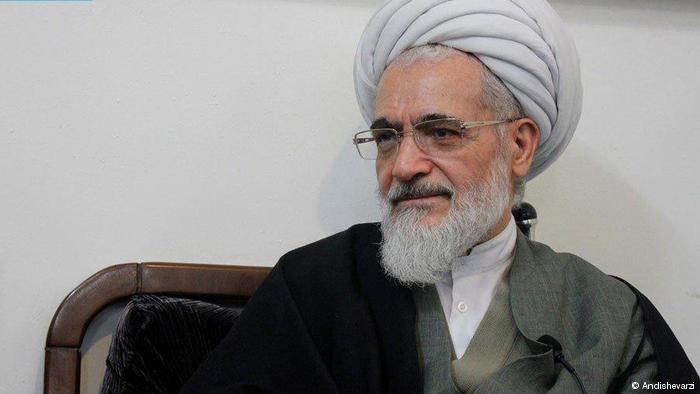
Ayatollah Zanjani, an Islamic jurist critical of Islamic Republic’s policies, objected to the house arrest of the leaders of the Green Movement, asking why they have been under house arrest for 8 years illegally. Criticizing the fact that the law is being ignored, he said: ‘why should Mousavi be under house arrest for 8 years? What is his charge? What is the charge of Mrs. Rahnavard? Why should Mr. Karroubi be under house arrest? On what charge?’
Mehdi Karroubi, Mir-Hossein Mousavi, and Zahra Rahnavard have been under house arrest after the disputed presidential election of 2009.
Deutche Welle
Vaezi: ratifying CTF, an important step
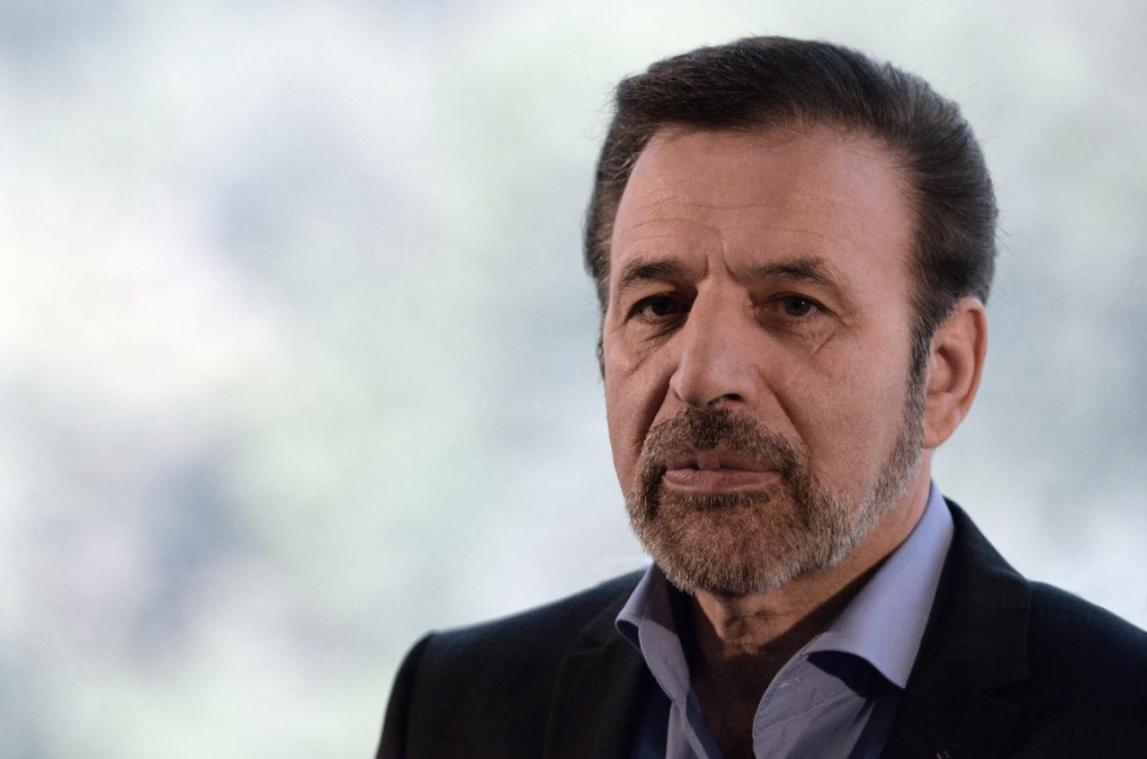
Iranian president’s chief of staff Mahmoud Vaezi thanked the Iranian parliament for ratifying the bill for joining the Convention of Suppression of the Financing of Terrorism, saying what took place in the Iranian parliament showed ‘unity, democracy, and political dynamism in the country’. He added that by ratifying this bill, one of the ‘biggest excuses’ for not cooperating with the Islamic Republic financially has been removed.
Bartarinha
Opponents of CFT gathered in front of parliament
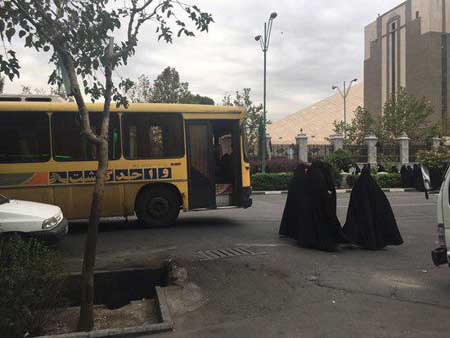
Along with Iranian parliament reviewing the bill for Islamic Republic joining the Convention for Combatting the Financing of Terrorism (CFT), a group of opponents against this bill gathered for a while in front of the parliament’s building. This group who were about 100 people were holding placards, calling for not ratifying the bill for joining CFT.
The bill was later ratified by the parliament with 143 to 120 votes.
Bartarinha
Amir-Abdullahian: US militaries existing region to the advantage of regional security
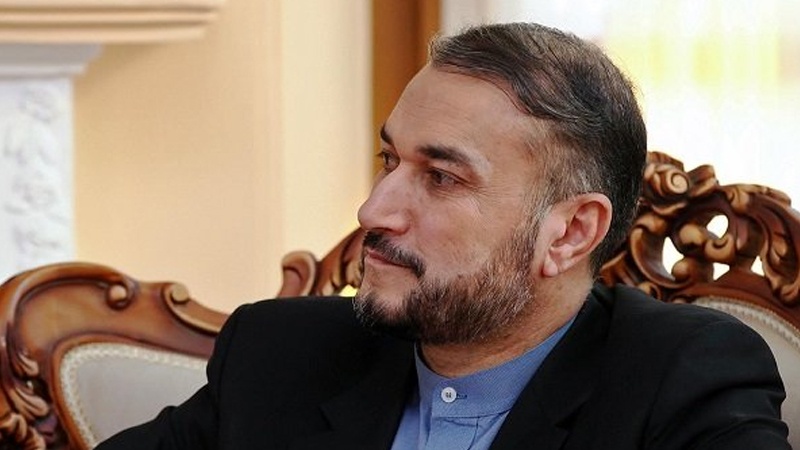
Aid to the speaker of the parliament, Hossein Amir-Abdullahian, wrote in his Twitter: “Trump humiliates Arab countries of the Gulf every day. US militaries existing the region is to the advantage of regional security. With regional cooperation, sustainable security can be achieved. The power of the Islamic Republic and the region is enough for defending the Islamic countries. Cooperation of Riyadh, Abu Dhabi, Manama with Tel Aviv is the fatal Hebrew-Arab cancer.”
ISNA
Movahedi Kermani: ratifying FATF prevents helping Hezbollah
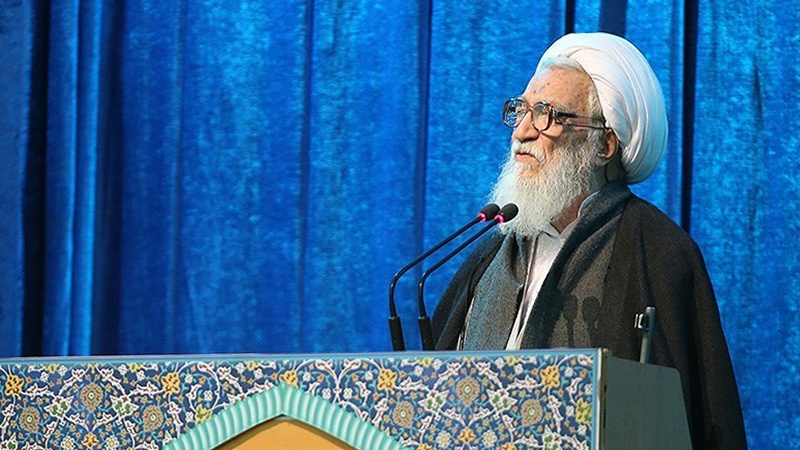
In his meeting with members of the central council of students’ Islamic association, Movahedi Kermani, Tehran’s temporary Mass Prayer Leader, said with regard to a question about FATF that ‘it is certainly dangerous, and the parliament must be alert and careful that the enemy has entered with this plan’. He added that as a result of this convention, ‘if we want to help Hezbollah, Ansarallah, and others, we will be stopped; and there will be other issues as well’. According to Movahedi Kermani, even if this bill is ratified by the parliament, the Guardian Council will certainly reject it.
Afkar news
Velayati’s reaction to sacking Rafsanjani’s children from Azad University
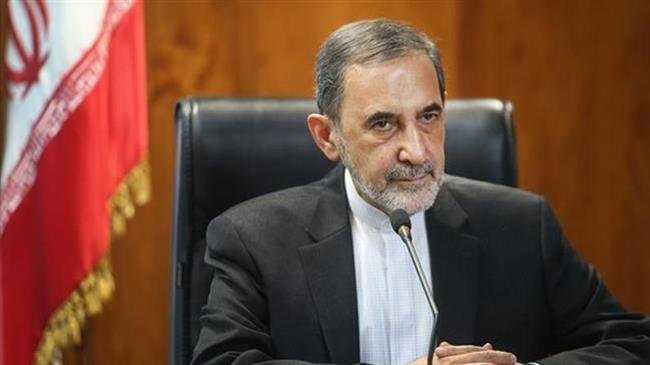
Following the sacking of children of late Hashemi Rafsanjani from Azad University, Ali Akbar Velayati, head of Azad University’s board of Trustees and Founders, said: ‘anybody who questions people’s beliefs and the revolution’s values will have no place in Azad University. Azad University must train professional, religious students who revive the values of the revolution and Islam’.
Vakil Melat
Lawmaker criticizes Iranian foreign ministry
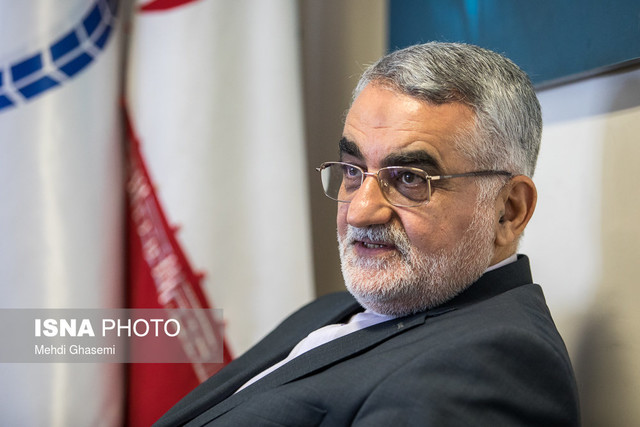
Allaedin Boroujerdi, the member of the parliament’s National Security and Foreign Relations Commission, said: foreign ministry, under these sanctions, shouldn’t leave the embassies in India and China without ambassadors. Blasting the fact that no Iranian ambassadors have been introduced for either India or China, he urged: it is a fundamental mistake of the foreign ministry that Iranian embassies in important countries like India and China don’t have any ambassadors yet.
ISNA
